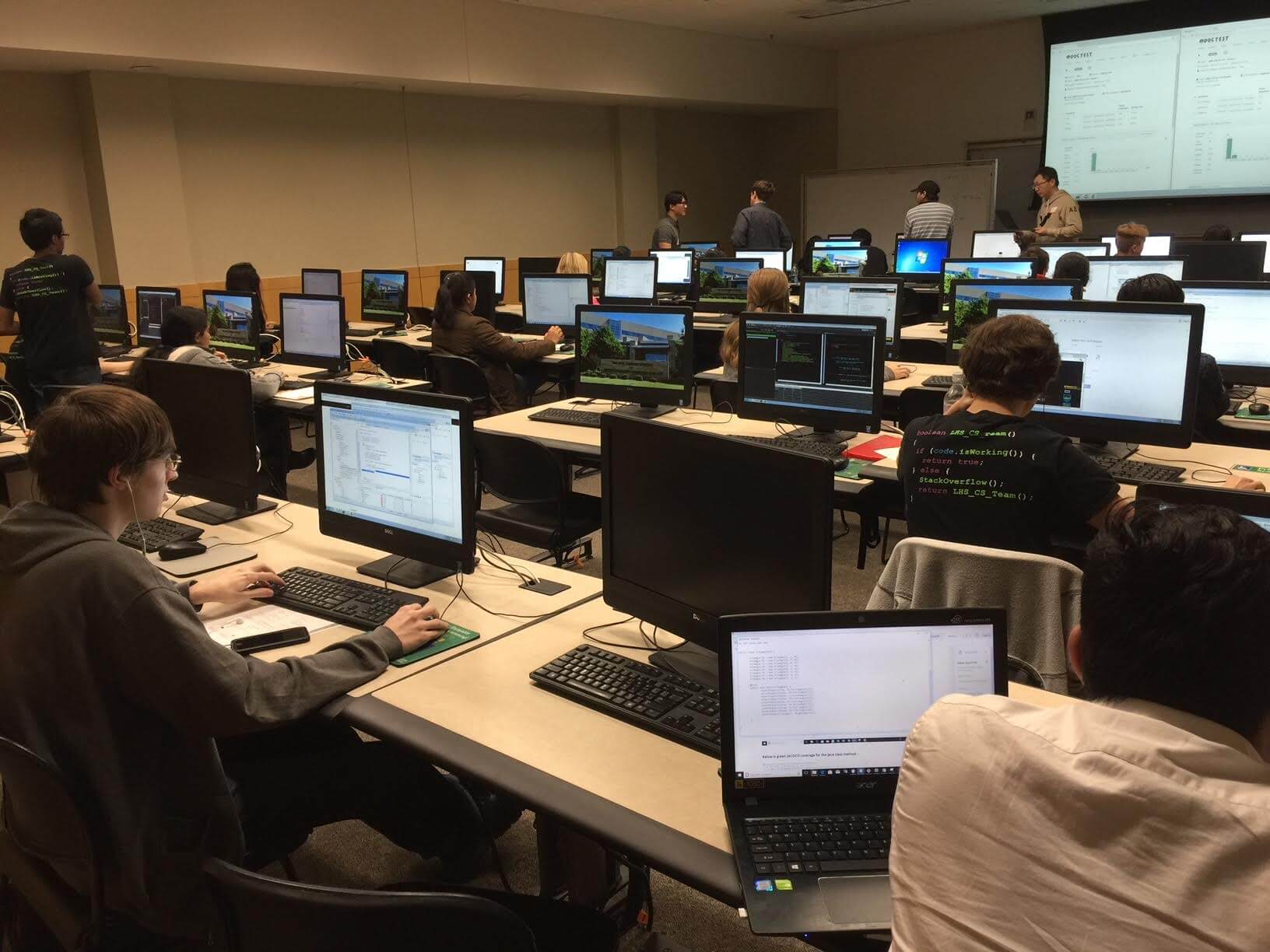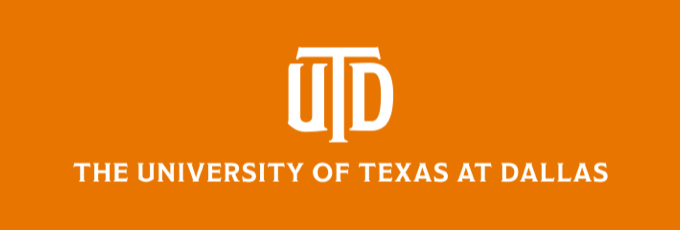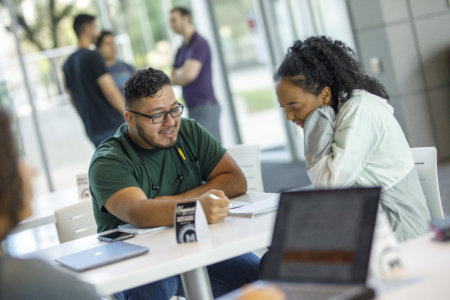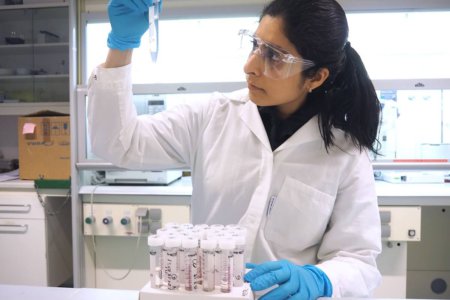We’re reliant on technology more than ever before, and examples abound. Both individuals and businesses use products or services by tech giants, including Facebook, Apple and Microsoft, to meet their business goals or for entertainment purposes.
We rely on voice assistants, including Alexa and Siri, to perform everyday activities. Computers and software programmes have become an indispensable tool for scientific research, health systems, transport, banking and communications. These technologies are changing lives and organisations for the better — and we owe it, in part, to computer science.
Despite being an ever-evolving field, computer science careers are highly appealing as they are not only in-demand but also financially rewarding. According to the US Bureau of Labor Statistics, employment in computer and information technology occupations is projected to grow 11% from 2019 to 2029, much faster than the average for all occupations.
The boom is also expected to add some 531,200 new jobs to the economy. The field can also be financially rewarding — the median annual wage is a whopping US$91,250, while those with an advanced degree stand to earn more.
A game-changing field

UT Dallas welcomes students from all backgrounds. Source: UT Dallas
For those aspiring to break into computer science, the University of Texas at Dallas (UT Dallas) will prove to be an ideal place to start. Itzel Ramirez Tapia, for instance, knew that pursuing a Bachelor of Science in Computer Science at the university would put her on the path that would change her life for the better.
She first began her academic career in community college while working three different jobs. She dropped out soon after — as the oldest of four siblings, Ramirez Tapia was responsible for being a caregiver to her siblings from an early age while her parents worked multiple jobs.
Her perspective changed once she became a young mother. Fearful of her child going through the same things she did, Ramirez Tapia went back to community college while working 30 hours a week as a nanny. At first, she took core classes that would lead to an associate’s degree. The thought of ample job opportunities and providing for her family drew her to computer science instead.
She began a pathway course to a four-year university, took honours courses, volunteered, and led student organisations. Her hardwork paid off when she became a scholarship recipient of UT Dallas’s Terry Foundation Scholarship. The financial support enabled her to leave her job and focus on her studies.
Springboard for your career in computer science
Becoming a computer science student at UT Dallas’s Department of Computer Science entails more than just learning with students from diverse backgrounds. The university is also known for producing employable graduates with workplace success.
Interns at UT Dallas’s State Farm internship programme, for instance, have secured various full-time roles and are highly valued by industry leaders. Echoing this is Amanda Morgan, a technology analyst and intern coordinator at State Farm: “Some of our most talented interns have come from UT Dallas. We embrace the intern programme because we know the interns are going to be the future of this organisation.”
Their graduates are also making waves in their respective fields. Alumnus Sanjeeb Samanta, now employed at Texas Instruments Inc., worked with the ISSO and the Office of Development and Alumni Relations to set up the International Student Emergency Fund to support international students suffering the economic effects of COVID-19.
James Griffin, CEO and founder of Invene — a healthcare software company — worked with fellow-alum and anesthesiologist Dr. Peter Baek to create an adapter that connects a hospital-grade bacterial and antiviral filter to a full-face snorkel mask. The scuba mask can be converted into safety gear for health care workers in the event of a shortage of personal protective equipment during the pandemic.
Gearing students up for success

UT Dallas equips aspiring computer scientists with the skills they need to succeed in the future of work. Source: UT Dallas
UT Dallas has served as a platform that broadened Ramirez Tapia’s horizons. She was one of the rare computer science students chosen for a Green Fellowship, where she experienced an intensive semester of research under the direction of the graduate school faculty at UT Southwestern Medical Center.
She received four full-time job offers upon graduation; Ramirez Tapia, however, decided not to pass up admissions to the university’s computer science PhD programme, with a two-year fellowship from the National Science Foundation through the Louis Stokes Alliances for Minority Participation programme.
Sheila Kelly, director of the Terry Scholars Programme at UT Dallas, recalls Ramirez Tapia’s story as one of grit, perseverance, and excellence –– calling her “a true advocate for women in STEM — especially Latinas.”
With 100 faculty members, 40 research labs, countless high-performance workstations, and an expansive lineup of undergraduate and postgraduate degree programmes –– UT Dallas has a lot to offer to aspiring computer scientists. Breaking glass ceilings in the competitive tech industry can seem like a pipe dream to some, but UT Dallas’s graduates have proven otherwise.
Find out more about UT Dallas’s computer science programmes here.
Follow the University of Texas at Dallas on Facebook, Twitter, Instagram, Flickr, and YouTube













